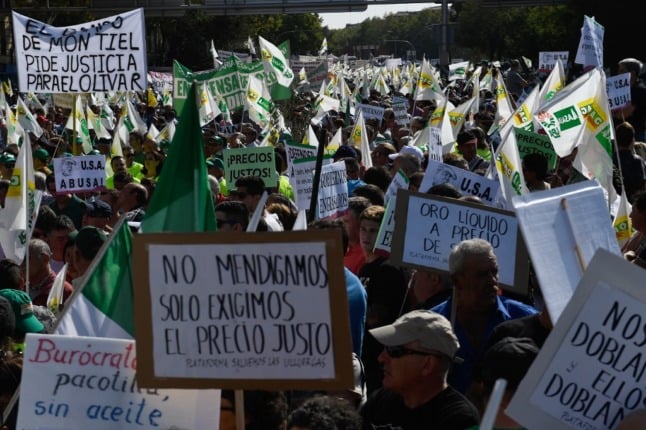France’s consumer affairs minister Benoît Hamon has slammed Germany’s policy of keeping pay artificially low for being “unfair” on France.
Speaking to the BBC on a visit to an Optic 2000 factory, which creates eyewear in France, Hamon said “some countries in Europe are getting around employment directives and underpaying their workers.”
Hamon lamented Germany’s wage policy, which has helped keep the cost of German products down compared to “Made in France” goods.
"I want Germany to have a social policy where competitiveness doesn't rely on jobs paying €400 [£336; $534] a month," he said.
"I want Germany not to base its agricultural economy on salaries of seven euros an hour. That's what I want from the next German government.
"I want it to play fair with an economic model that isn't based on a competition for who can pay workers the least.
"We are pitting workers at seven euros against those who earn 10, 11 or 14 an hour. That can't work within the same territory. It's not possible. It can't work," Hamon said.
France is struggling to kick-start its economy and the Socialist government has made a big push to promote the “Made in France” brand to try to boost its manufacturing industry.
But the high cost of wages compared to its neighbours on the other side of the Rhine river means France has lost its competitive edge to Berlin in recent years.
Hamon does have a history of launching barbs at Germany. Earlier this year, he targeted Chancellor Angela Merkel, claiming her austerity policy had failed.
Thomas Klau from the European Council on Foreign Relations in Paris told The Local that Hamon does have a fair point when it comes to wage policies.
“There are examples in certain industries where low wages have helped give German firms an advantage over French ones, such as abattoirs.
“They have paid mainly temporary migrants from Eastern Europe €5 an hour to work and live in conditions of extreme poverty. But under French law, abattoirs are not allowed to pay such miserly wages, which has helped the ones in Germany to flourish.
“In an area like the Eurozone the wage policies of each country can have a heavy impact in other countries.
“This means the agreement that member states are free to compete with each other is often a race to the bottom, where working conditions, for example, are not compatible with the kind of Europe we want," Klau said.
With Germany facing elections on Sunday and current Chancellor Angela Merkel’s main opponent Peer Steinbrueck vowing to introduce a statutory, national minimum wage, Hamon’s attack appears perfectly timed.
“The political landscape in Germany may be very different after Sunday,” said Klau.
For all the latest news on the German elections visit our sister site The Local Germany.




 Please whitelist us to continue reading.
Please whitelist us to continue reading.
Member comments